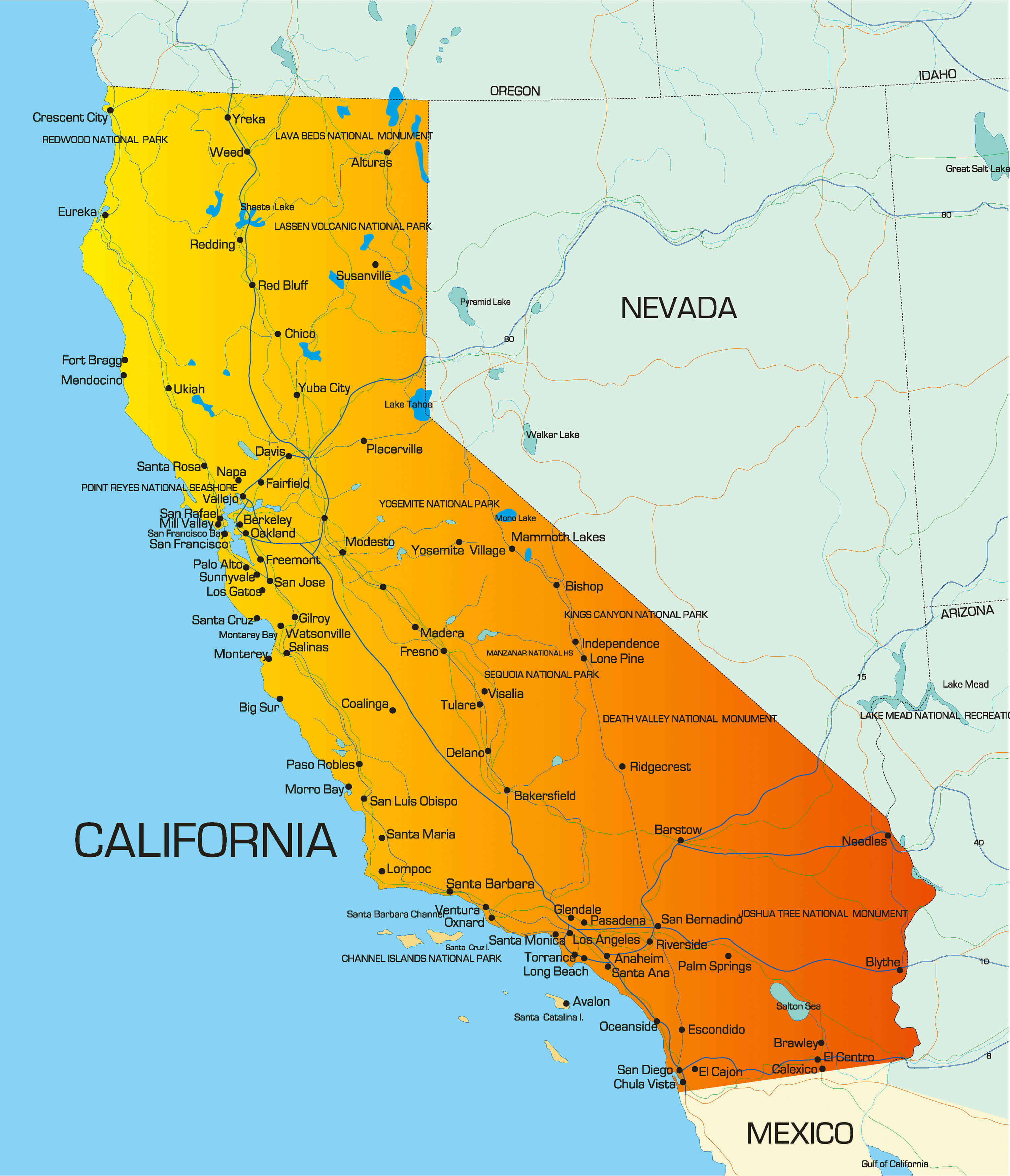The state of California has been at the forefront of legislative changes aimed at reforming its criminal justice system, particularly in areas concerning sexual offenses. One such law that has garnered significant attention and discussion is Senate Bill 145, also known as SB 145. This bill, which was signed into law by Governor Gavin Newsom in September 2020, seeks to reform the state’s approach to certain sexual offenses, particularly those involving minors. Understanding the nuances of SB 145 is crucial for both legal professionals and the general public, as it represents a significant shift in how California approaches the prosecution and sentencing of certain sexual crimes.
Background and Purpose of SB 145
Before diving into the specifics of SB 145, it’s essential to understand the context and the problems the law aims to address. Historically, California’s laws regarding sexual offenses have been criticized for their broad application and the potential for disproportionate sentencing. SB 145 was introduced to address these concerns, particularly in cases involving voluntary sexual relations between two individuals close in age, where one is a minor.
The bill’s proponents argued that the existing laws could lead to unfair outcomes, where young people, especially those in the LGBTQ+ community, might face registry as sex offenders for engaging in consensual sexual activity with peers. The aim of SB 145 was to ensure that the justice system can differentiate between such cases and those involving exploitation or coercion, providing a more nuanced approach to sexual offense laws.
Key Provisions of SB 145
SB 145 makes several key changes to California’s sexual offense laws, primarily focusing on the discretion of judges in certain cases. Here are some of the main provisions:
Judicial Discretion: The bill grants judges the discretion to decide whether a person should be required to register as a sex offender in cases involving voluntary sexual intercourse with a minor. This discretion applies when the person is not more than 10 years older than the minor.
Age and Consent: The law focuses on the age difference between the parties involved rather than the absolute age of the participants. This is a significant shift, as it acknowledges that relationships involving minors can vary widely in terms of power dynamics and consent.
Sex Offender Registry: By giving judges the option not to require registration in these specific cases, the law aims to prevent young people from being unfairly labeled as sex offenders for actions that, while illegal, do not necessarily indicate a risk to public safety.
Equality and Fairness: SB 145 also seeks to address perceived inequalities in the application of the law, particularly concerning same-sex relationships. Historically, there have been concerns that existing laws disproportionately affected LGBTQ+ individuals due to societal attitudes and the legal framework.
Implications and Controversies
The passage of SB 145 has been met with both support and opposition. Advocates of the law argue that it is a necessary step towards creating a more just and equitable legal system, one that can differentiate between exploitative relationships and those that, although illegal, do not involve coercion or significant power imbalances.
On the other hand, critics of the law argue that it could lead to a decrease in protections for minors, potentially making it more difficult to prosecute cases of sexual abuse. There are also concerns that the discretion granted to judges could lead to inconsistent outcomes, depending on the judge’s personal biases and interpretations of the law.
Future Directions and Considerations
As with any significant legal reform, the implementation and impact of SB 145 will be closely watched. The law represents a complex attempt to balance the need to protect minors from exploitation with the recognition that not all sexual relationships involving minors are the same. The success of SB 145 will depend on how effectively it can achieve this balance, ensuring that justice is served while also avoiding unfair outcomes for young people.
For those seeking to understand the full implications of SB 145, it’s crucial to follow legal analyses, judicial decisions, and societal responses over time. The law’s effectiveness will be evaluated based on its ability to protect vulnerable populations while also ensuring that the legal system treats all individuals fairly and without prejudice.
Conclusion
SB 145 is a significant piece of legislation that highlights the ongoing challenges and complexities of creating and enforcing laws related to sexual offenses. By granting judges more discretion in certain cases, the law aims to provide a more nuanced approach to these offenses, recognizing the diversity of circumstances and the need for fairness and equality under the law. As California and potentially other jurisdictions consider similar reforms, the experience with SB 145 will serve as an important case study in the pursuit of justice and legal equity.
FAQ Section
What is the main purpose of California's SB 145?
+SB 145 aims to reform California's approach to certain sexual offenses, particularly those involving minors, by granting judges discretion in requiring sex offender registration for individuals who engage in voluntary sexual intercourse with a minor, provided the age difference is not more than 10 years.
<div class="faq-item">
<div class="faq-question">
<h3>How does SB 145 address consent and age differences?</h3>
<span class="faq-toggle">+</span>
</div>
<div class="faq-answer">
<p>The law focuses on the age difference between the parties involved, allowing for more nuanced considerations of consent and power dynamics in relationships involving minors.</p>
</div>
</div>
<div class="faq-item">
<div class="faq-question">
<h3>What are the potential implications of SB 145 for the LGBTQ+ community?</h3>
<span class="faq-toggle">+</span>
</div>
<div class="faq-answer">
<p>Supporters of the bill argue that it helps address historical inequalities in the application of sexual offense laws, which have disproportionately affected LGBTQ+ individuals. By providing judges with more discretion, the law may help reduce these disparities.</p>
</div>
</div>
<div class="faq-item">
<div class="faq-question">
<h3>How might SB 145 affect the prosecution of sexual abuse cases?</h3>
<span class="faq-toggle">+</span>
</div>
<div class="faq-answer">
<p>Critics of the law are concerned that it could make it more challenging to prosecute cases of sexual abuse by potentially reducing the penalties for certain offenses. However, proponents argue that the law is designed to differentiate between exploitative relationships and consensual, albeit illegal, activities among young people.</p>
</div>
</div>
</div>



